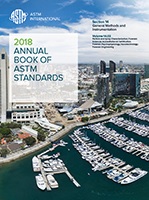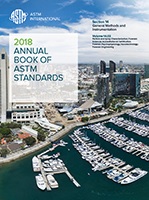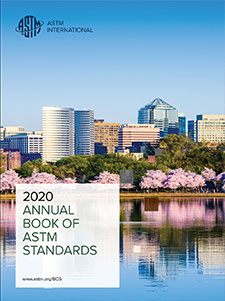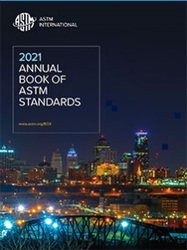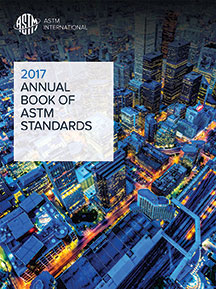Description
1.1 This test method covers the use of the subthreshold charge separation technique for analysis of ionizing radiation degradation of a gate dielectric in a metal-oxide-semiconducter-field-effect transistor (MOSFET) and an isolation dielectic in a parasitic MOSFET. The subthreshold technique is used to separate the ionizing radiation-induced inversion voltage shift, [delta]VINV into voltage shifts due to oxide trapped charge, [delta]Vot and interface traps, [delta]Vit. This technique uses the pre- and post-irradiation drain to source current versus gate voltage characteristics in the MOSFET subthreshold region.
1.2 Procedures are given for measuring the MOSFET subthreshold current-voltage characteristics and for the calculation of results.
1.3 The application of this test method requires the MOSFET to have a substrate (body) contact. MOSFETs on silicon-on-insulator (SOI) technology must have body ties.
1.4 Both pre- and post-irradiation MOSFET subthreshold source or drain curves must follow an exponential dependence on gate voltage for a minimum of two decades of current.
1.5 This standard does not purport to address all of the safety problems, if any, associated with its use. It is the responsibility of the user of this standard to establish appropriate safety and health practices and determine the applicability of regulatory limitations prior to use.
Product Details
- Published:
- 05/10/1998
- Number of Pages:
- 6
- File Size:
- 1 file , 90 KB


